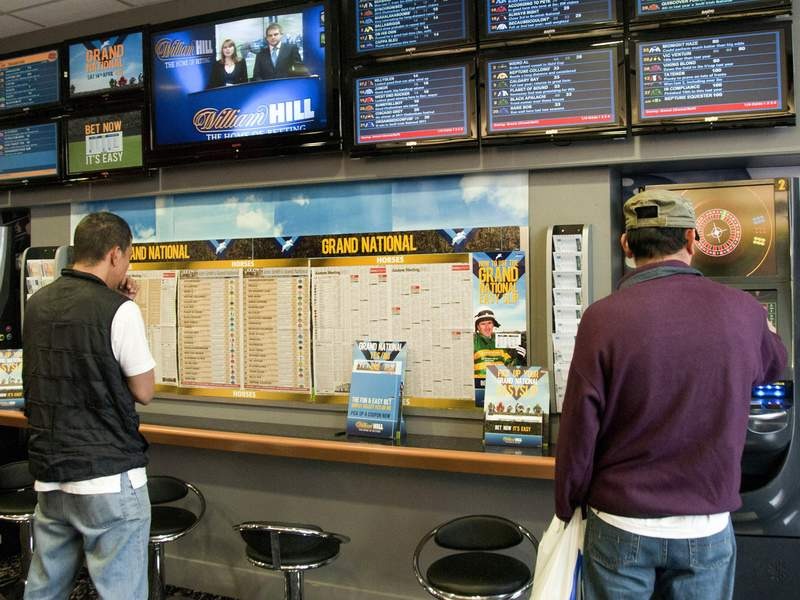As someone who’s spent years in the online betting industry—both on the platform side and as an informed player—I’ve seen first-hand how the line between legal and illegal betting can confuse even seasoned punters. Especially with the growing popularity of apostas futebol, understanding where your bets go and what protection you have is crucial.
Let me break it down for you: the difference isn’t just legal paperwork—it’s your safety, your money, and your future winnings.
What Is Legal Betting in Portugal?
Legal betting in Portugal is governed by the Serviço de Regulação e Inspeção de Jogos (SRIJ), which oversees all forms of online gambling—from slots to sports.
To be legal, a betting platform must:
- Hold a valid SRIJ license
- Operate under Portuguese tax and consumer laws
- Offer player protection tools (limits, self-exclusion, etc.)
- Be hosted on a “.pt” domain (e.g., betano.pt, placard.pt)
If you’re betting on apostas futebol with any of these sites, you’re operating within full legal protection.
What Is Illegal Betting?
Illegal betting in Portugal refers to placing wagers through unlicensed operators, usually international platforms without SRIJ approval.
These often include:
- .com versions of global sites (Bet365.com, 1xBet.com, etc.)
- Offshore sportsbooks registered in Curaçao or Malta
- Platforms marketed through Telegram, Reddit, or forums as “siti non AAMS” (a term imported from Italy)
While many of these platforms appear legitimate and may even pay out, they’re not legal under Portuguese law—and the risk falls on you.
⚙️ How Do Legal and Illegal Platforms Differ?
Here’s a breakdown of the key differences:
| Feature | Legal Sites (SRIJ) | Illegal Sites (Unlicensed) |
| Regulation | Yes – SRIJ | No or foreign license |
| Tax Compliance | Fully taxed in Portugal | No tax reporting |
| Support | In Portuguese, 24/7 | Often outsourced or slow |
| Data Protection | GDPR-compliant | May misuse or leak data |
| Game Fairness | Audited RNGs and odds | Not independently audited |
| Responsible Gambling | Yes – mandatory tools | Rare or nonexistent |
| ⚠️ Risk | Low | High – frozen funds, bans, scams |
The Risks of Illegal Betting
I’ve heard too many horror stories from bettors who took the risk—here’s what they learned the hard way:
Account Freezes and No Withdrawals
If a platform suspects you’re a “bonus abuser” or winning too often, they can:
- Void your winnings
- Block your account
- Ignore your support requests
With no legal body to escalate to, you’re stuck.
Personal Data Misuse
Offshore operators may not follow EU GDPR standards, risking:
- Selling your email to spammers
- Identity theft
- Unsolicited gambling ads or “tips” on Telegram
Addiction Triggers
Most illegal sites lack responsible gambling tools like:
- Deposit/time limits
- Reality checks
- Self-exclusion portals
This makes them more dangerous for at-risk players.
⚖️ Can You Get in Trouble for Betting Illegally?
Portuguese law targets the operators, not the individual players. However:
- Your activity may be flagged by banks or credit services
- Any disputes (e.g., withheld payments) have no legal support
- You may face restrictions when trying to report fraud
So while you won’t be arrested, you are 100% on your own if something goes wrong.
Why Do Some People Still Use Illegal Sites?
Let’s be honest: some offshore platforms offer better odds, bigger bonuses, and more exotic markets, especially on apostas futebol.
Reasons include:
- Access to Asian Handicap and Exchange Betting
- Higher limits for professionals
- Loyalty programs or crypto payments
But these perks come with serious trade-offs in legal protection and financial safety.
️ How to Bet Safely and Legally in 2025
Here’s my go-to safety checklist for legal and secure betting:
✅ Step 1: Use a SRIJ-licensed platform
Stick to .pt domains like:
- Betano.pt
- ESC Online
- Placard.pt
- Solverde.pt
Check the full license list on srij.gov.pt
✅ Step 2: Activate responsible gaming tools
- Set deposit limits
- Use time-out periods
- Turn on reality checks after 60–90 minutes
✅ Step 3: Understand the odds and terms
Legal sites tend to have slightly lower odds, but the difference is marginal—and you gain full legal protection.
✅ Step 4: Protect your data
Only share your ID and payment info with encrypted (.https) sites that clearly state GDPR compliance.
Betting on Apostas Futebol: What’s Legal?
With the right operator, you can legally bet on:
- Primeira Liga
- Segunda Liga
- Champions League and UEFA matches
- International football and friendlies
- Player specials and team props
Legal sites also offer live betting, boosted odds, and weekly promotions—without the legal grey area.
❓ FAQ
Is it illegal to use international betting sites in Portugal?
Yes. Only SRIJ-licensed platforms are legal. Using others is technically illegal, though not criminally enforced.
Are the odds worse on legal sites?
Slightly—due to tax requirements—but the difference is often less than 3%.
What happens if an unlicensed site doesn’t pay me?
You have no legal recourse. SRIJ cannot help with foreign operators.
Can I use VPNs to access blocked sites?
Yes, but doing so may violate terms of service and put your account/funds at risk.
Do legal betting sites offer good promotions?
Yes. While less flashy than unlicensed sites, offers from Betano and ESC Online are fair and transparent.
✅ Conclusion
Choosing between legal and illegal betting platforms in Portugal isn’t just a moral or regulatory decision—it’s about protecting your bankroll, your data, and your future. While the temptation of higher odds or exotic markets may lure some to offshore sites, the risks far outweigh the rewards.
If you enjoy apostas futebol, do it the smart way—on a licensed, secure platform where your wins count, your losses are limited, and your rights are protected.


